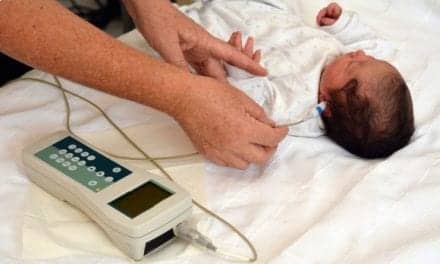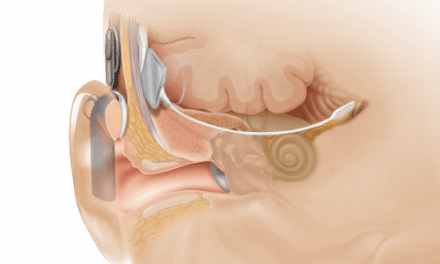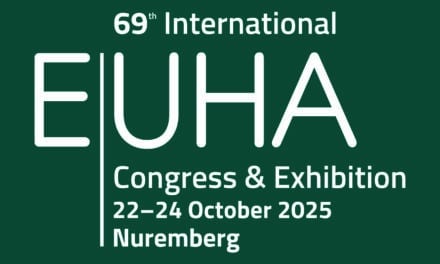The National Institutes of Health’s National Institute of General Medical Sciences (NIH NIGMS) has awarded a grant to Rochester Institute of Technology’s National Technical Institute for the Deaf (RIT/NTID) to provide $1.025 million in funding over five years to develop a scientists-in-training program for deaf and hard-of-hearing undergraduates, the school announced on its website.
Funded through the Research Initiative for Scientific Enhancement (RISE) program, the grant is designed to increase the number of underrepresented students who enter PhD programs in the biomedical and behavioral sciences. The RIT-RISE program is reportedly the first RISE program to specifically serve deaf and hard-of-hearing students.
The program will offer a suite of scientific enrichment workshops, presentations, and activities that are tailored to the needs of deaf and hard-of- hearing scientists and open to the entire university, according to RIT/NTID. These events are expected to attract students who wish to enrich their research skills, stay abreast of hot topics in biomedical and behavioral fields, sharpen their presentation skills, or get help applying to graduate schools.RIT-RISE also will provide faculty workshops to share best practices for promoting effective communication between hearing and deaf researchers in lab settings.
ReSelected RISE scholars will receive intensive training and wage support for working in research laboratories with RIT researchers and, eventually, in the laboratory of a mentor from another institution. The RIT-RISE leadership team will help match supported scholars with participating research mentors in their fields of interest. Scholars also will attend local and national conferences, present papers and posters, and publish or co-publish their work.
Scott R. Smith, a medical doctor, health scientist, and research faculty member at RIT/NTID, who is deaf, will lead this program assisted by Paul Craig, a chemistry professor and the head of RIT’s School of Chemistry and Material Science, and Vincent Samar, an RIT/NTID cognitive science professor with many years of experience working with deaf and hard-of-hearing students. In addition, more than 40 deaf and hearing members of the RIT faculty have volunteered to serve as science mentors, and 15 deaf and hearing external mentors have already been identified for the summer research experiences that will take place after scholars complete their junior year.
RISE scholars will be selected from deaf and hard-of-hearing students in RIT baccalaureate programs that include biochemistry, bioinformatics, biology, biomedical engineering, biomedical sciences, biotechnology and molecular bioscience, chemistry, computing and information technologies, computer science, computing security, game design and development, ahuman-centered computing, new media interactive development, psychology, and web and mobile computing.
RIT’s NTID is reportedly leading the RIT-RISE cross-college partnership that includes RIT’s College of Science, College of Health Science and Technology, College of Liberal Arts, Golisano College of Computing and Information Sciences, and the Kate Gleason College of Engineering.
Smith cited the partnership among RIT colleges as one of the keys to receiving NIH support.
“The strength of the mentor pool helped to distinguish the RIT application, and we are very grateful for faculty enthusiasm for this program,” he said. “We expect the RIT-RISE program to provide even greater opportunities so that deaf and hard-of-hearing students can engage in robust undergraduate research experiences that will enable them to become successful scientists.”
Gerard Buckley, NTID president and RIT vice president and dean, praised RIT’s commitment to the program.
“This is a historic development for deaf and hard-of-hearing scholars and for RIT,” said Buckley. “RIT is becoming known as the destination school for deaf and hard-of-hearing scholars who want to prepare for careers in biomedical and behavioral research.”
The RIT-RISE program expands the Rochester training pipeline for deaf and hard-of-hearing scientists by connecting undergraduate research training with preexisting NTID-supported ‘Explore Your Future’ and ‘Health Care Career Exploration’ camps for high school students, the Rochester Bridges to the Doctorate Program for graduate students, and the Rochester Postdoctoral Partnership Program for postdoctoral fellows.
Source: RIT/NTID
Image: RIT/NTID





